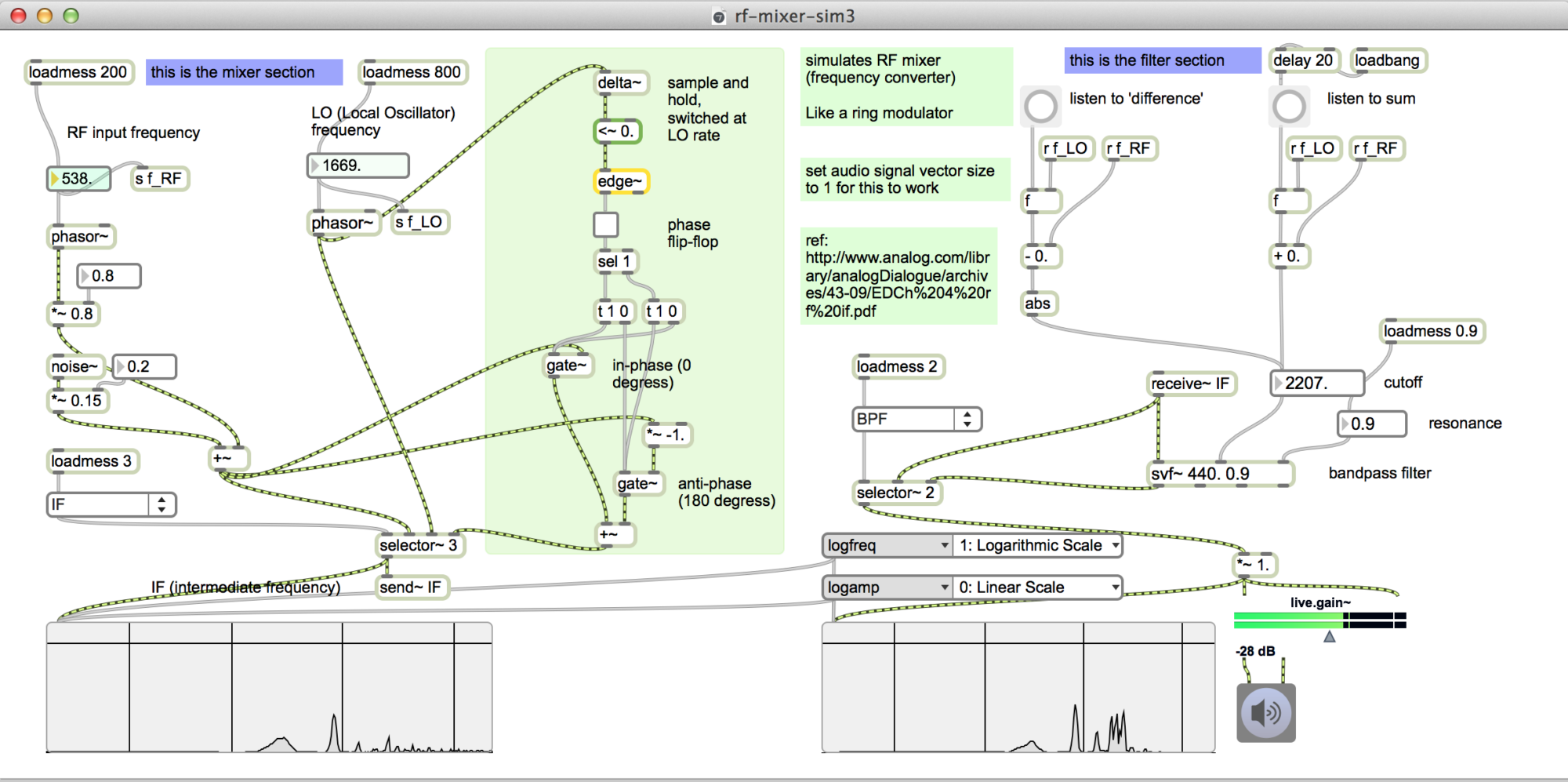From Wikipedia: http://en.wikipedia.org/wiki/Per_Nørgård
Nørgård’s music often features the use of the infinity series (DanishUendelighedsrækken) for serializing melody, harmony, and rhythm in musical composition. The method takes its name from the endlessly self-similar nature of the resulting musical material,[1] comparable to fractal geometry. Mathematically, the infinity series is an integer sequence. The first few terms of its simplest form are 0, 1, −1, 2, 1, 0, −2, 3, … (sequence A004718 in OEIS).
Nørgård discovered the melodic infinity series in 1959 and it proved an inspiration for many of his works during the 1960s. However, it was not until his Voyage into the Golden Screen for small ensemble (1968)—which has been identified as the first “properly instrumental piece of spectral composition” (Anderson 2000, 14)—and Symphony No. 2 (1970) that it provided the structure for an entire work (Nørgård 1975, 9). The harmonic and rhythmic infinity series were developed in the early 1970s and the three series were first integrated in Nørgård’s Symphony No. 3.

